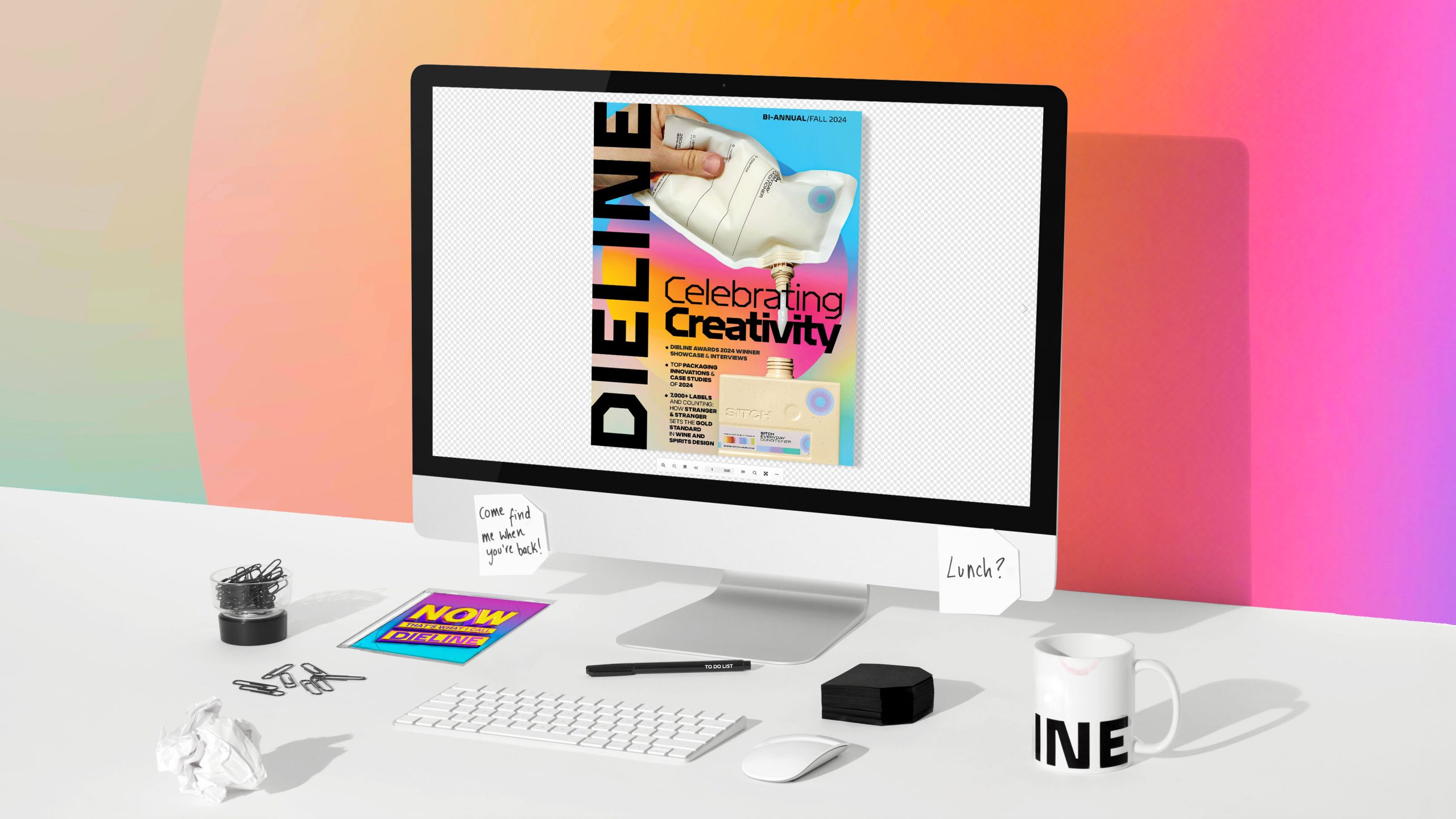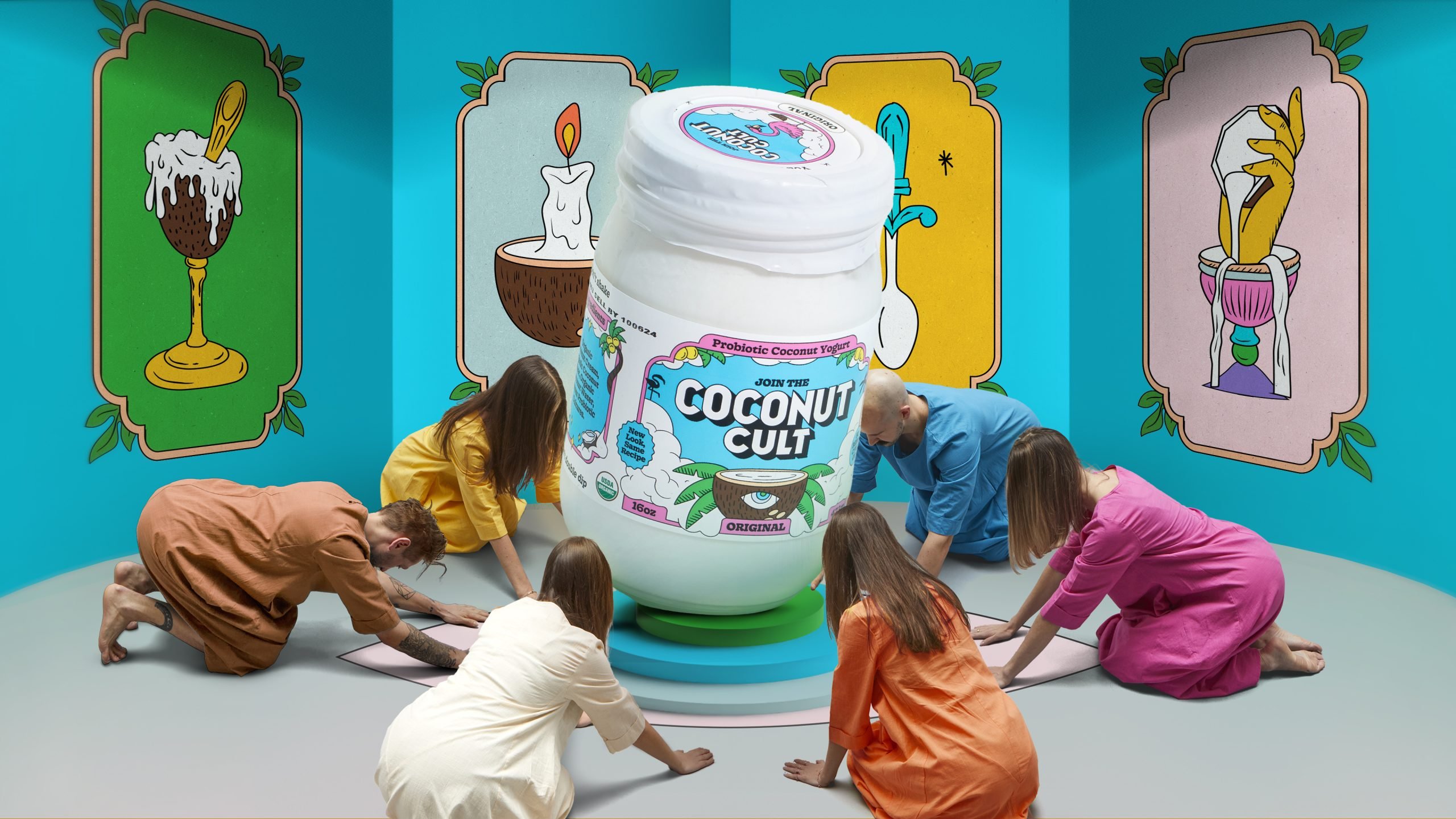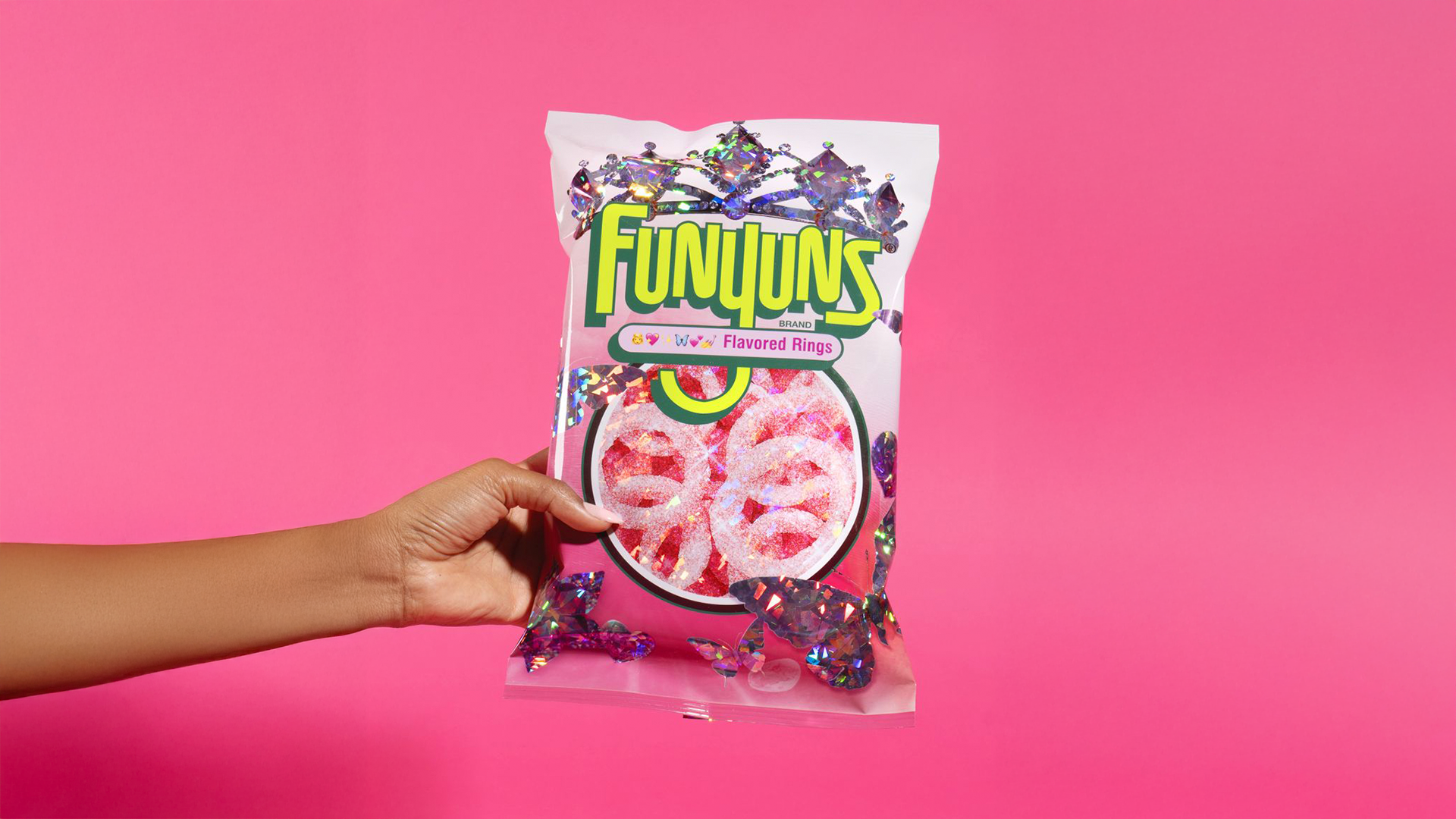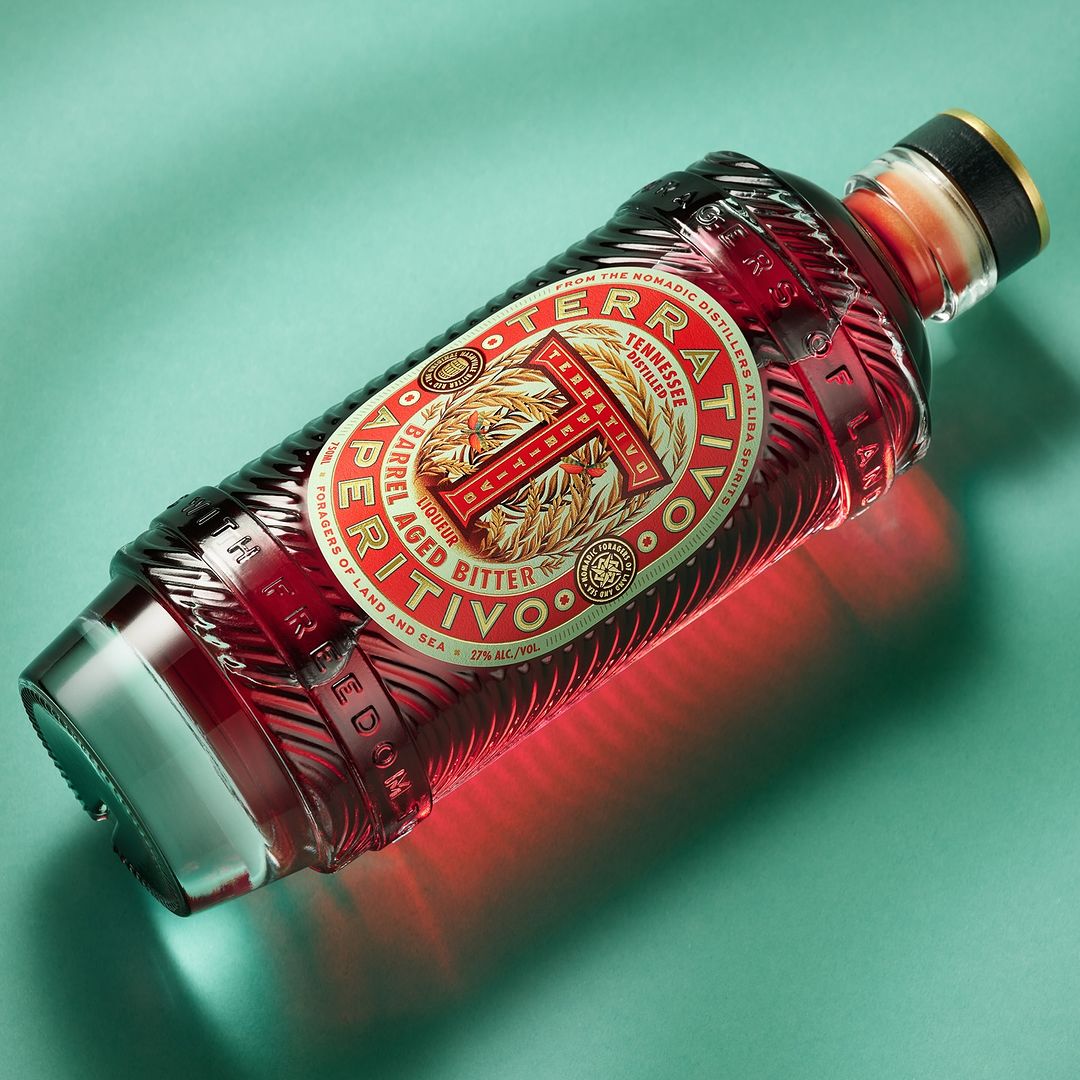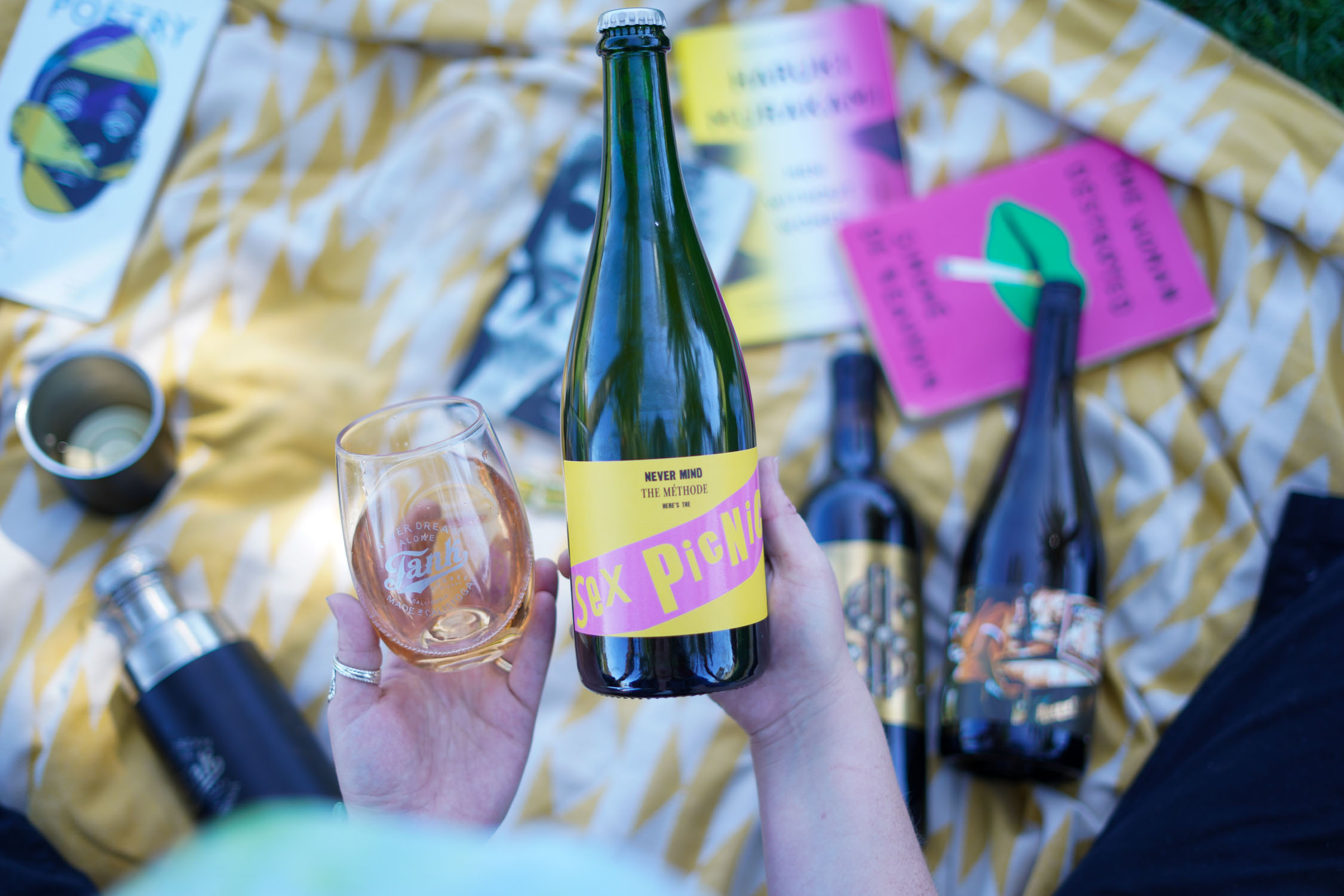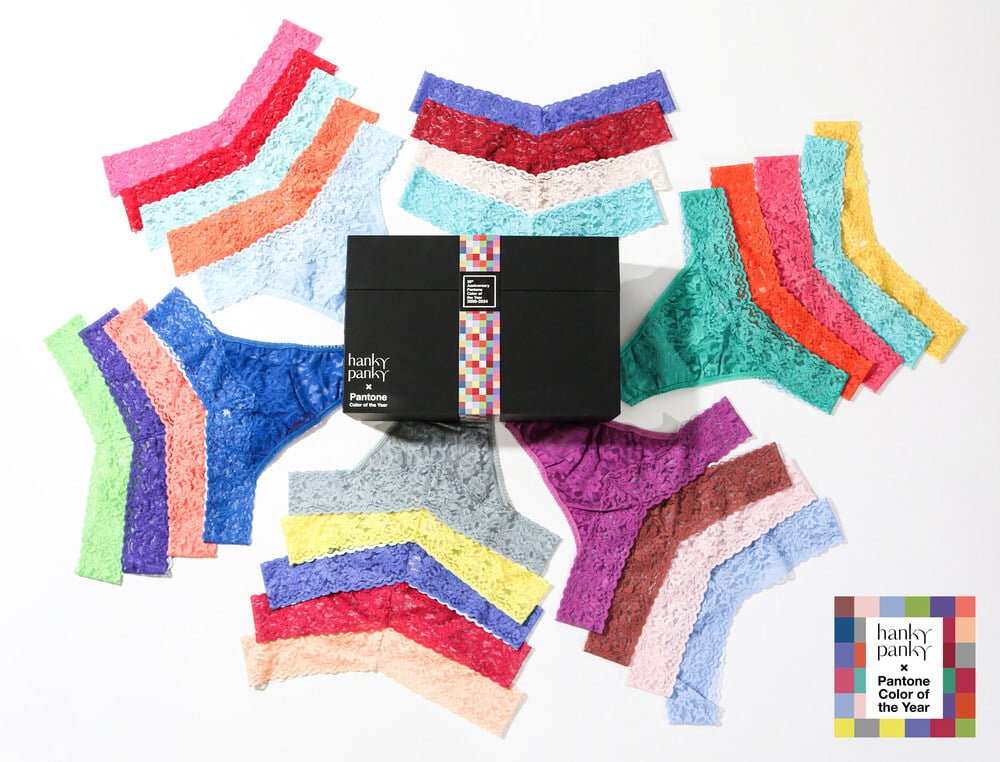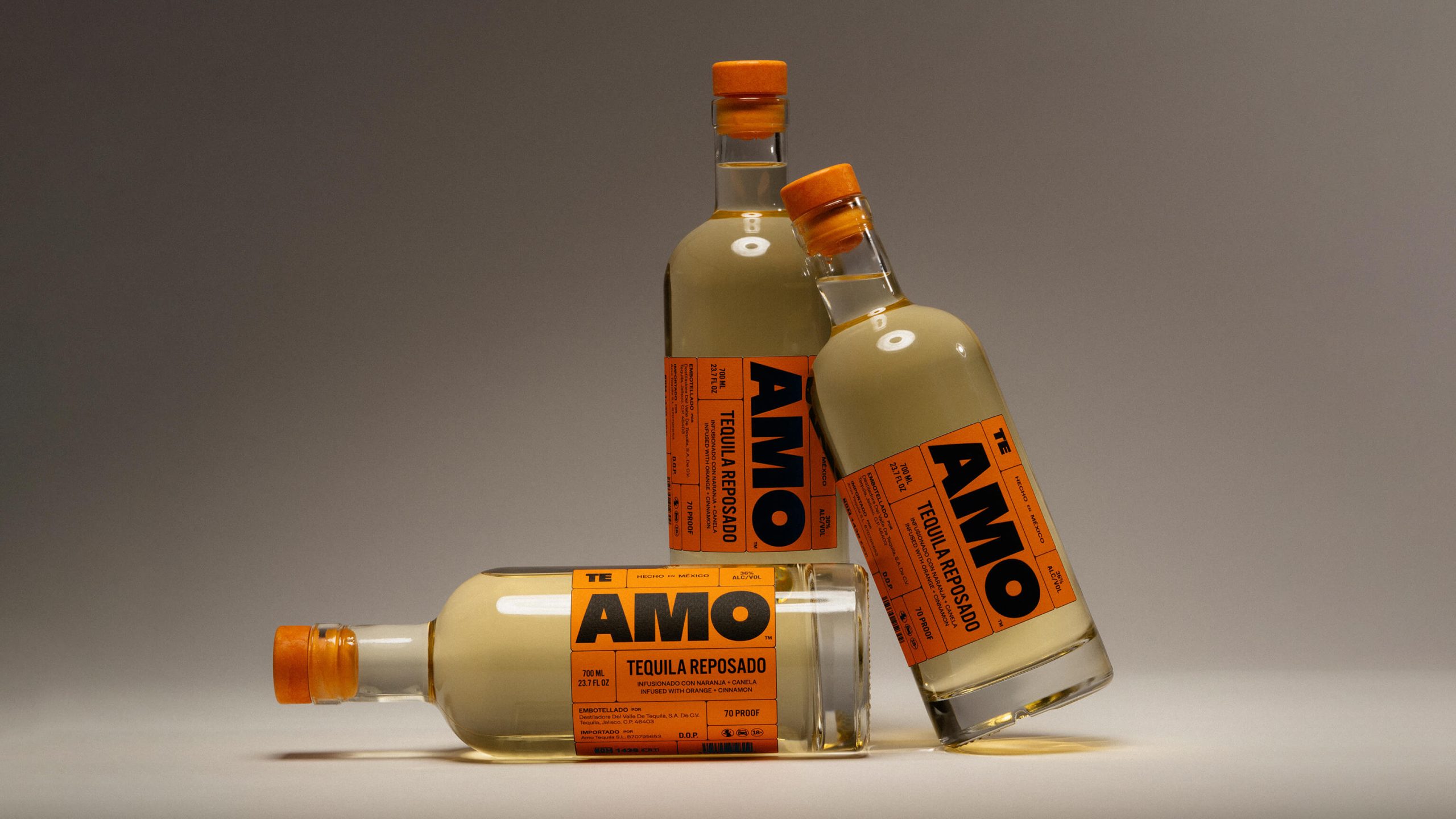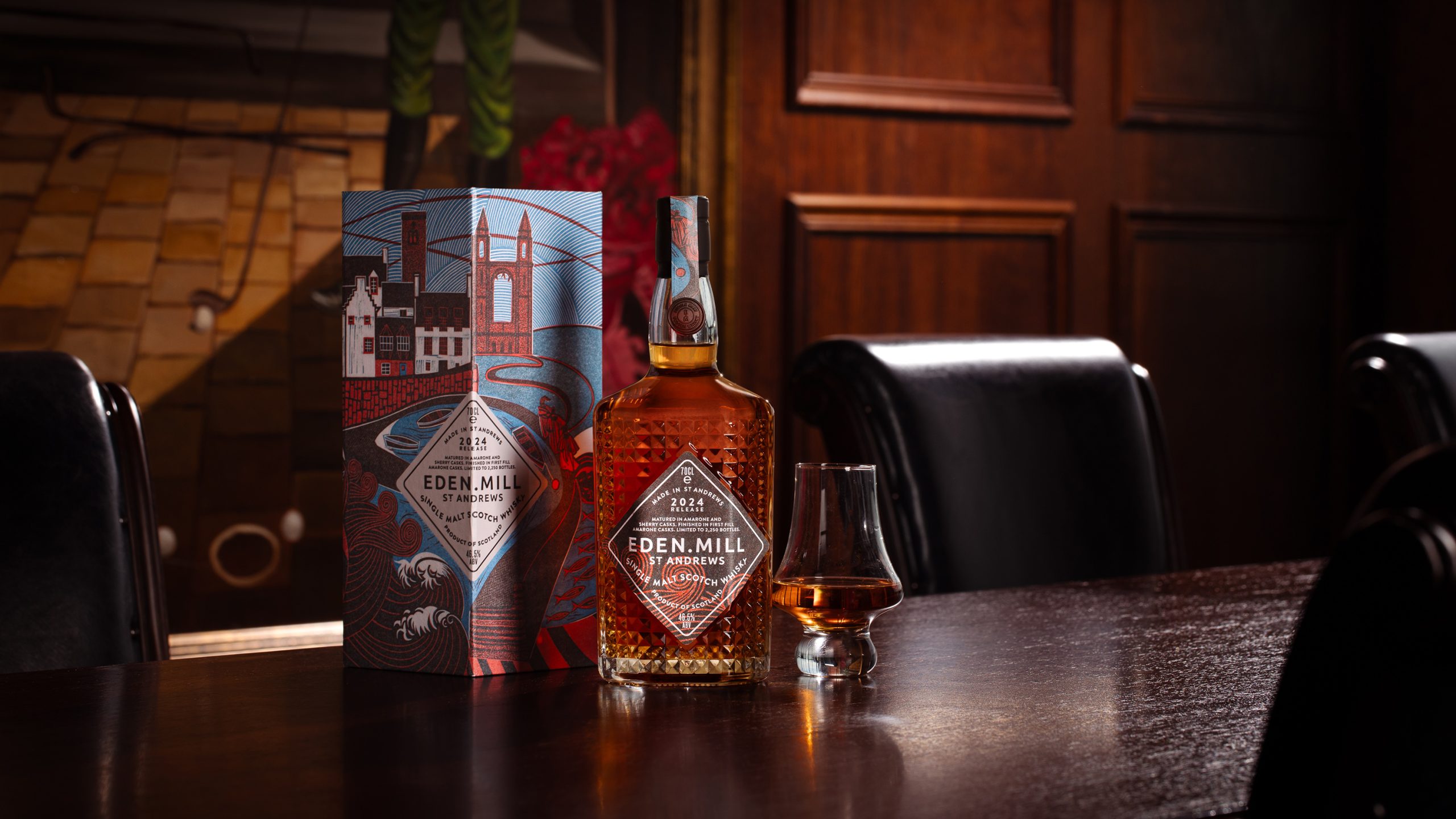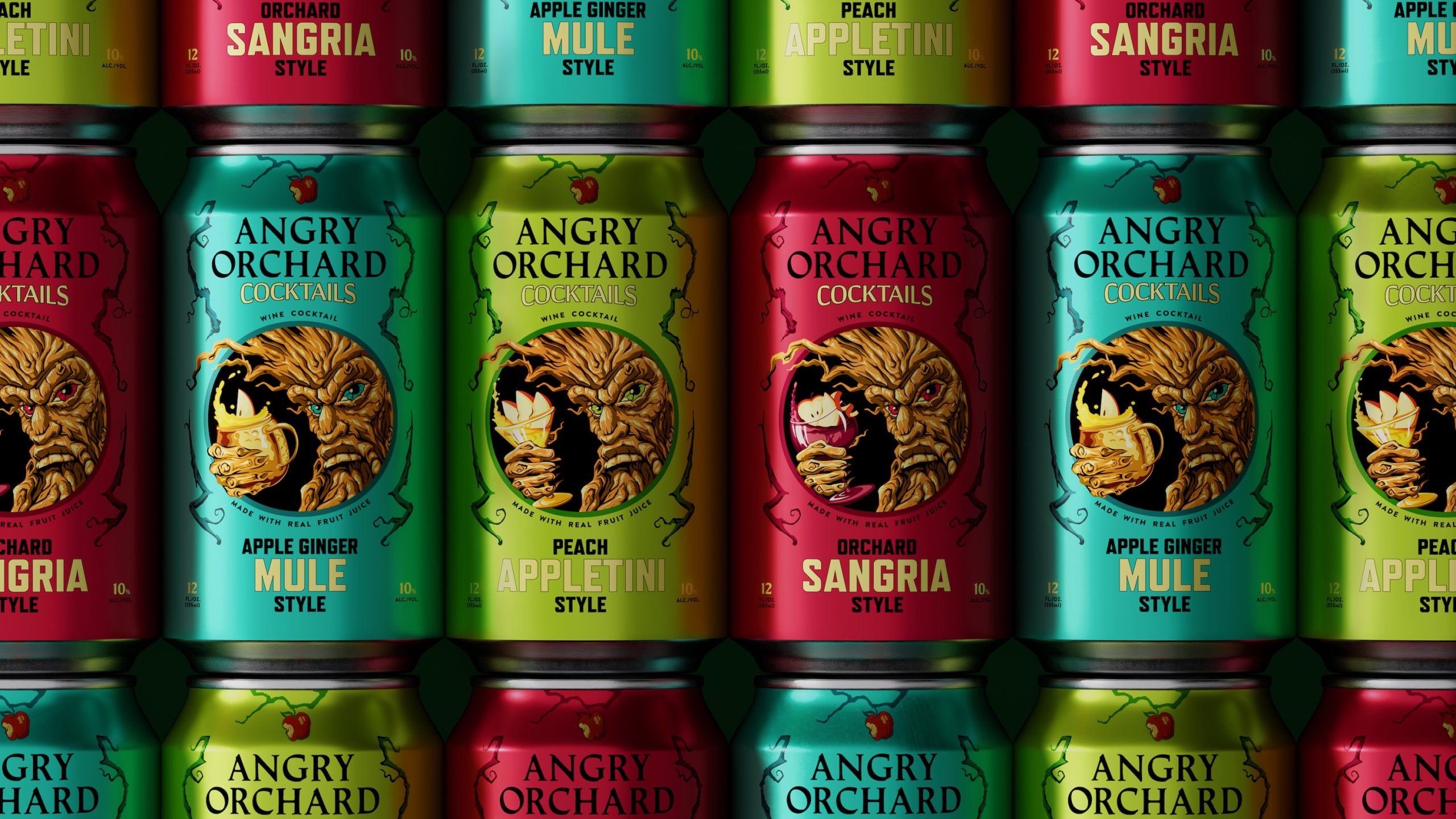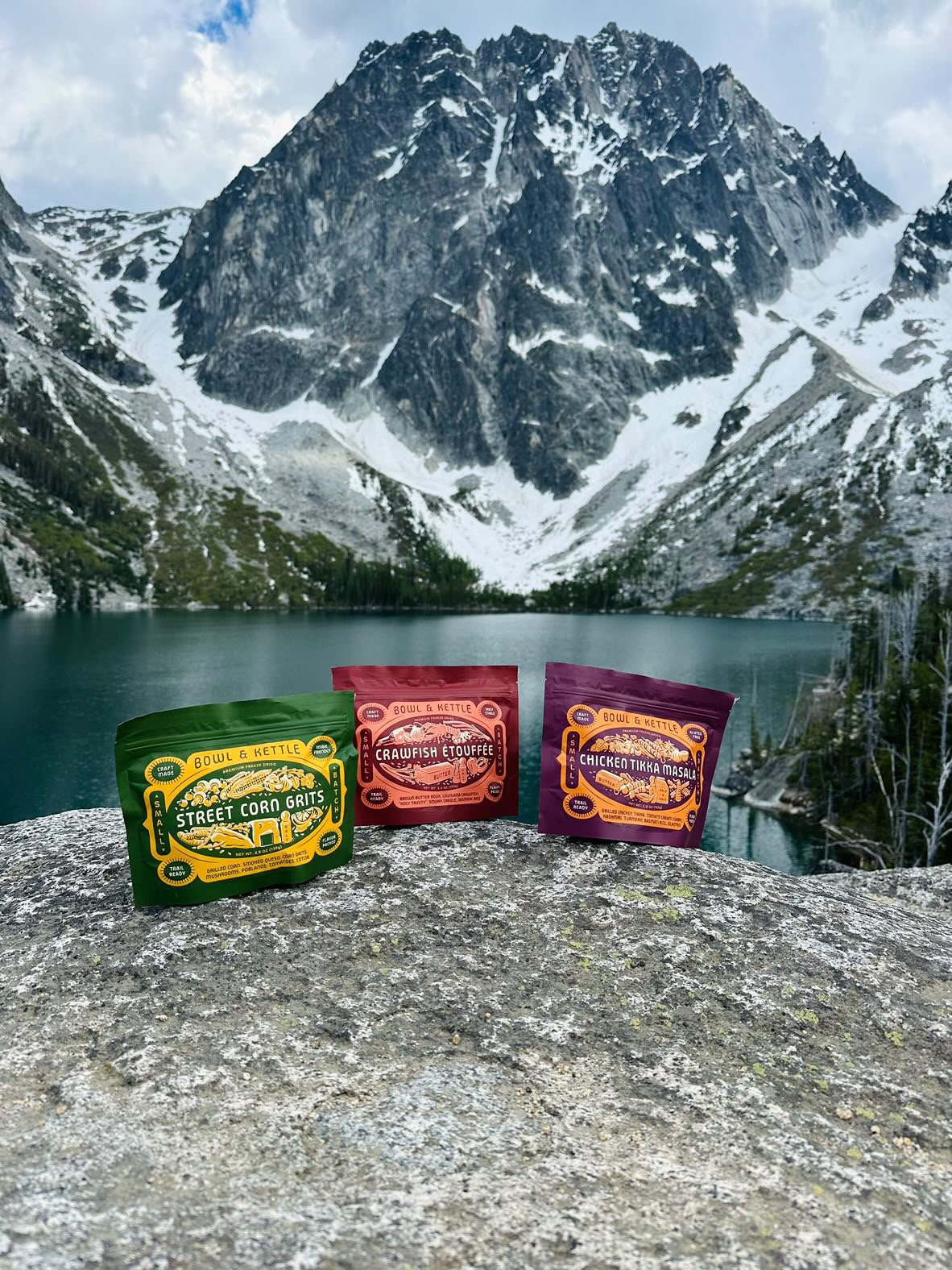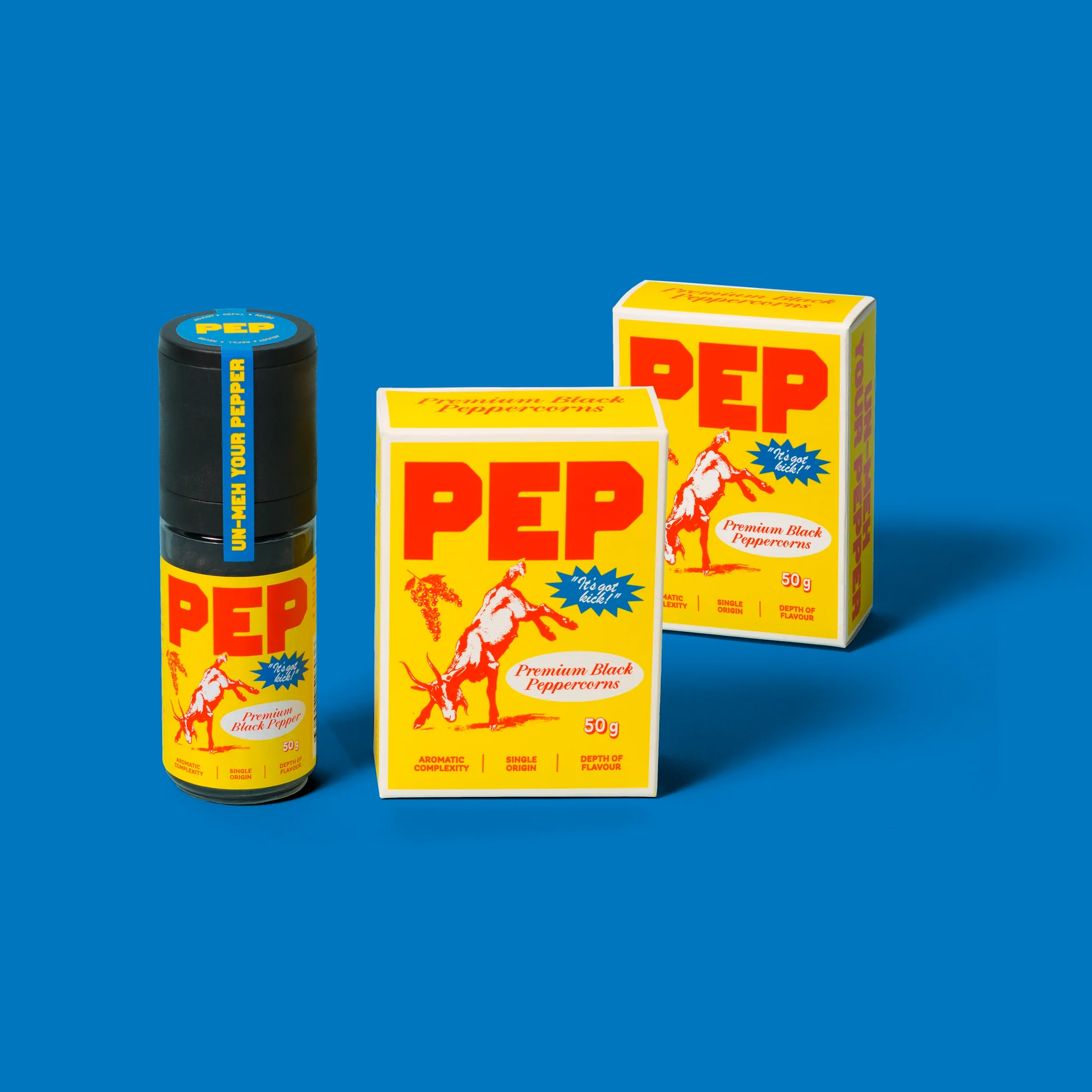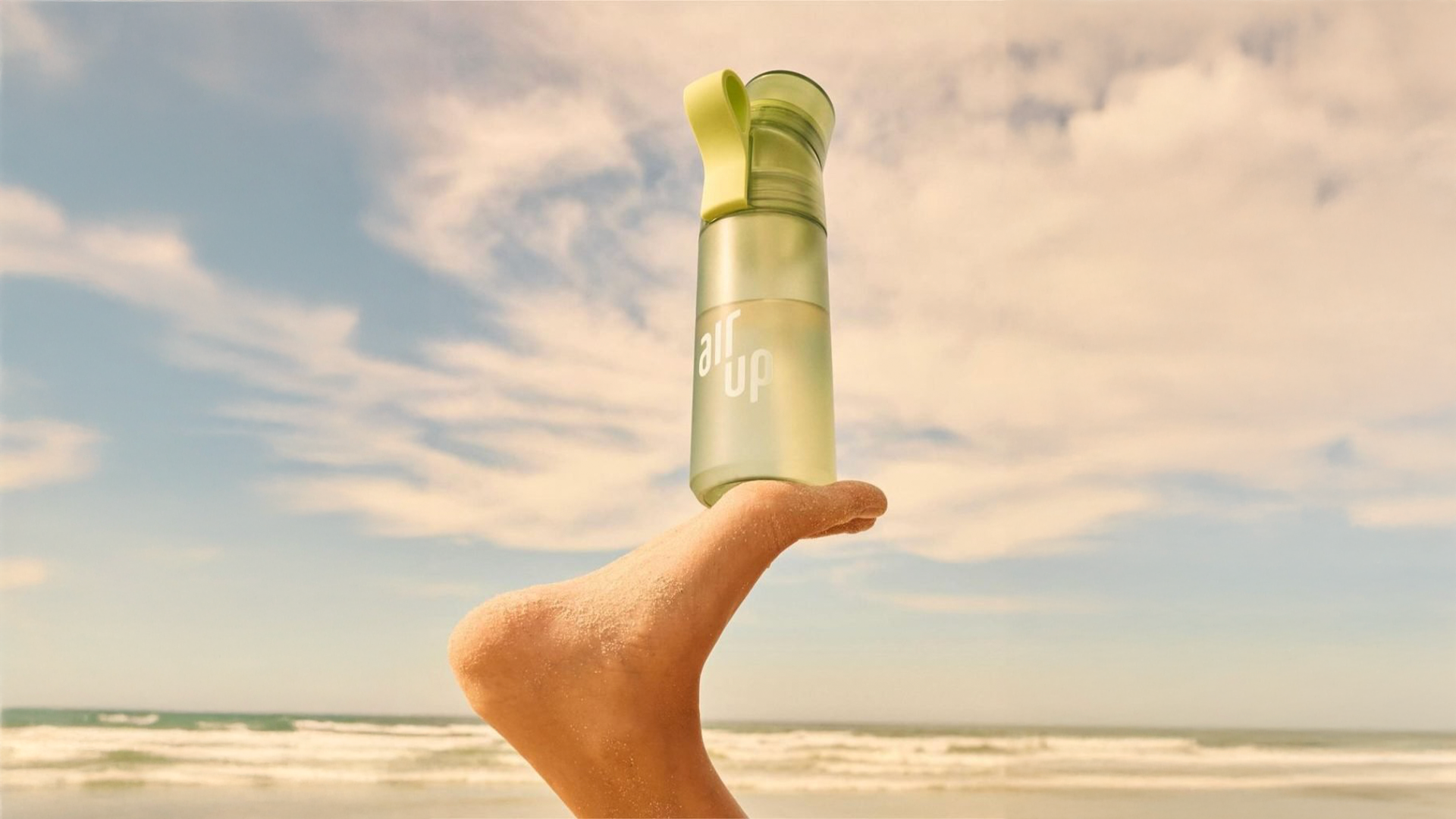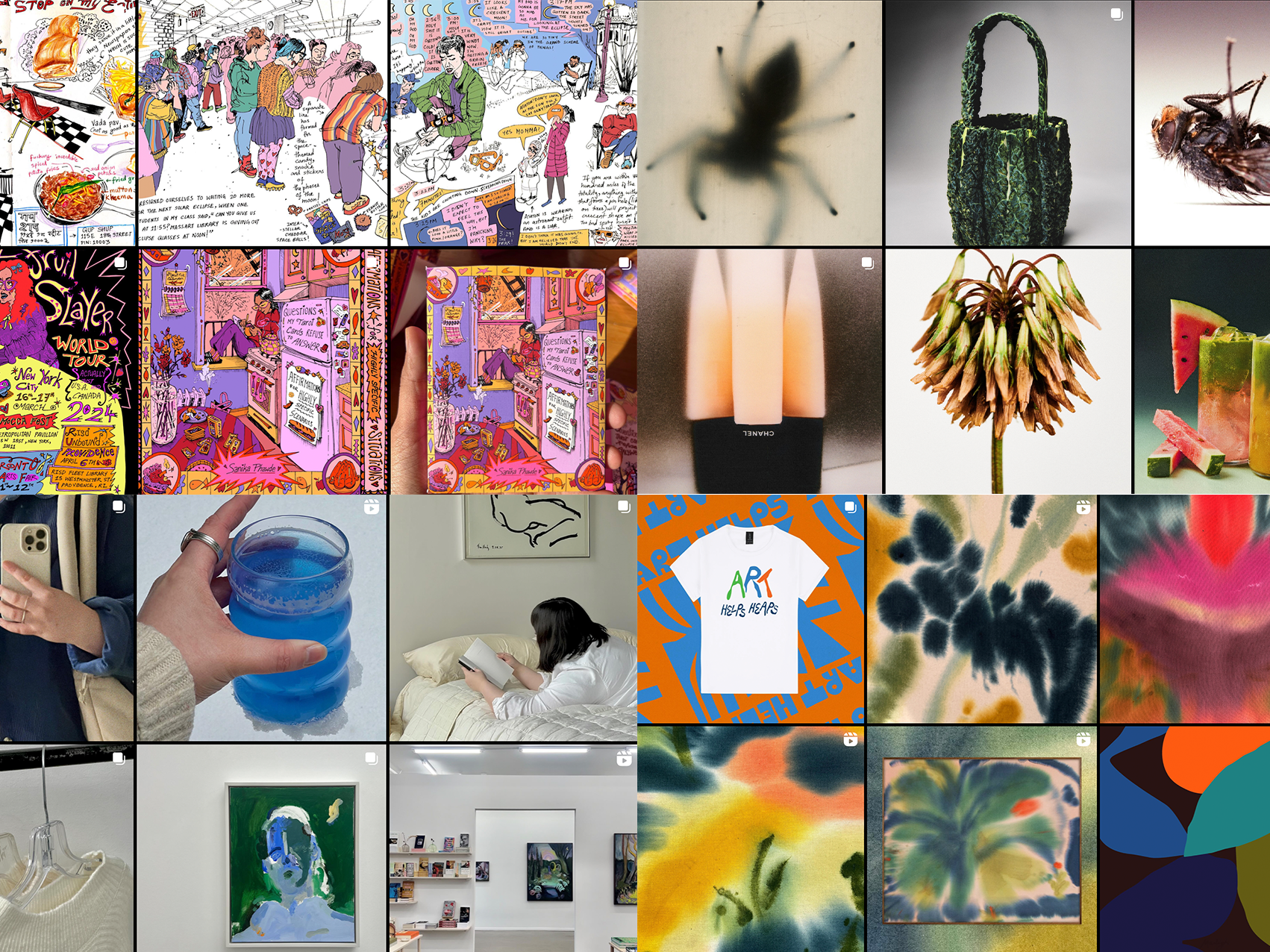Synthetic plastics remain popular despite the many environmental consequences and low recycling rates. The versatility, performance, and (non-ecological) cost remain too alluring for many brands.
The most significant negatives of synthetic plastics are related to the extraction and processing of petroleum-based materials and centuries-long degradation that releases toxic and ingestible microplastics into the environment.
But what if we could produce polymers that functionally act like synthetic materials from renewable sources and are circular? Better still, what if there was a packaging material that could just disappear? No landfills, no falling in the ocean or our waterways, no incineration–just something that goes away.
Emerging tech companies like Shellworks seek to answer that question through its Vivomer material (and our 2024 Dieline Award-winning Plastic-Free Innovation of the Year).
Vivomer is made via fermentation, where microorganisms produce polymers, which are then extracted. The entire process starts by feeding microorganisms renewable plant feedstocks, such as plant waste. The microbe-derived plastic is home-compostable and can completely biodegrade within 52 weeks. Should the material end up in the ocean or a landfill, it can also biodegrade there.
“Several microorganisms in natural soil and marine environments can build a polymer in their cells. When the organisms are stressed out, they build up energy sources from sugar-like foods, which happens to be a polymer,” says Insiya Jafferjee, co-founder of Shellworks. “Once extracted from the cell, the byproduct is essentially an all-purpose plastic that behaves just like a plastic. But the beauty of it is that when you dispose of it in any environment, those same organisms will recognize it and break it down. There’s also a beautiful tension between when you have it in your home, where it’s completely stable with water and oils. That’s why it’s a perfect solution for the beauty industry with all these complex formulations.”
The name Shellworks refers to the firm’s original source of material, animal-based chitin. However, according to Insiya, Shellworks shifted towards microbial polymers to address some early challenges.
“Even though our material was a waste byproduct, many people who wanted to make a sustainable change had certified their manufacturing lines to be vegan,” Jafferjee says. “Our material was inherently incompatible with where we saw sustainability going. Given the whole host of challenges we had, we felt we could eliminate one by being vegan. We’d already been exploring this from a material research property perspective to enhance our polymer. We came to a point where we were like, ‘Why aren’t we just doing this?’”
Using microbial polymers enabled Shellworks to work with customers like skincare and fragrance brand Haeckels, who sought a vegan and sustainable option. Shellworks’ mission is to address waste, and the beauty industry was a great place for the startup to begin. The microbial polymers aren’t just limited to skincare and beauty applications; Shellworks is already working on different applications.
“We started in the beauty industry because it produces 120 billion packaging units yearly. And because of its high aesthetic requirements, it often means that packaging isn’t recyclable,” Insiya says. “It felt like a very high-impact area for us. However, we’ve been considering expanding our offering. We are doing some experiments in different areas. We developed some cups for a coffee roastery in our local community. And that was really well received. Young parents are worried about microplastics’ effects on their children, so that’s an area that we’re exploring, too.”
Shellworks’ first products include all-purpose jars and fragrance caps. Still, it has also developed a flexible version of Vivomer designed for blow-molded bottles called Vivomar X. The introduction of Vivomer X addresses the beauty and skincare industries’ needs for a flexible, stable, water-compatible material for bottles.
One version of Vivomer X bottles is Vivomer Minis, small bottles that contain sample-sized quantities of products that serve as a sustainable alternative to conventional plastic mini bottles. While plenty of us would like to do away with the sample and travel-sized bottle entirely, it’s also not the most realistic proposition in the world, as they’re critical to the beauty and bath worlds. Unfortunately, the diminutive nature of these mini plastic bottles makes it difficult for material recovery facilities (MRF) to process them, and they can not be recycled.
Plus, the small size of these bottles means more plastic is used in packaging per product volume than a regular-sized bottle.
“This year’s PlasticFree Innovation of the Year is a standout for its potential to disrupt an entire, heavily polluting sampling industry that currently relies on tiny packages of plastic that remain in the environment for centuries to come,” said Sian Sutherland, co-founder of the advocacy group A Plastic Planet and the alternative materials media company PlasticFree, the same collective that handpicks Dieline’s annual award. “Shellwork’s Vivomer material is a material of the future, able to return harmlessly to the Earth to feed the next iteration of life, harnessing the creative power of regenerative design to create a pack that doesn’t just do less harm; it does good.”
Change is almost always easier when it requires fewer compromises. The desire for more sustainable packaging can often meet a dead end if it fails to perform on par with its synthetic counterpart. That is especially true in beauty and skincare markets, where packaging requirements are complex.
Innovative materials like Shellworks’ Vivomer are a positive step towards a more circular and sustainable economy. But as an alternative material proposition, the company genuinely gets the assignment and accepts some of the hard truths behind our waste systems—trash doesn’t always end up where it’s supposed to go, and brands and people alike need solutions. So, if your bottle doesn’t make it into your home garden or the proper recycling bin, it must biodegrade wherever it ends up. And while the most sensible among us (i.e., those of us who are at least attempting in good faith to recycle) certainly would never toss a bottle out of a moving car, it’s nice to know that eventually, it would go away if someone else did.

